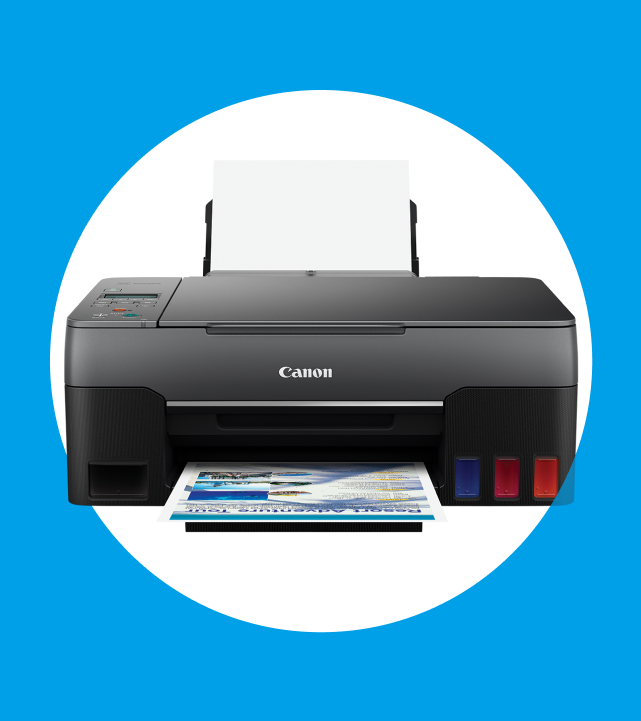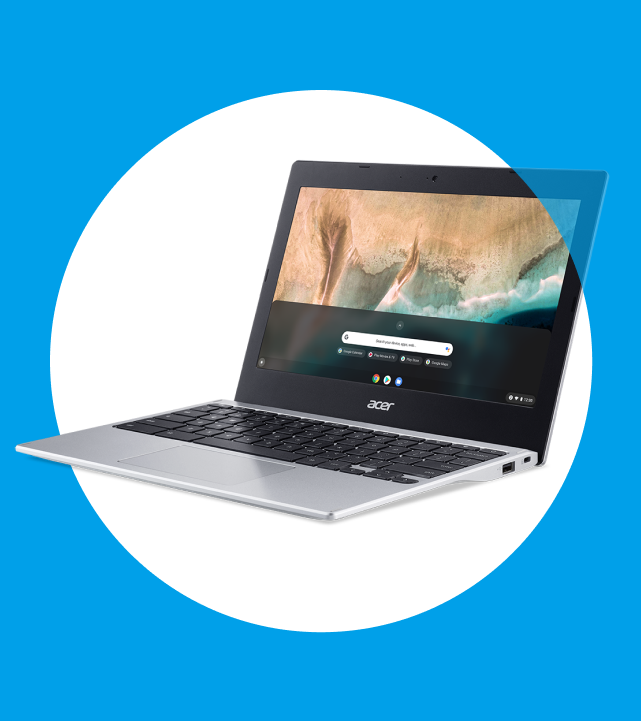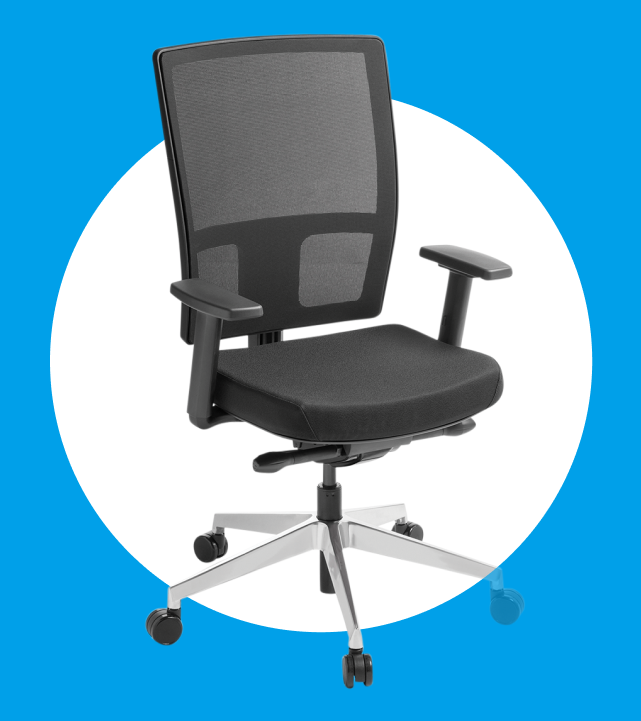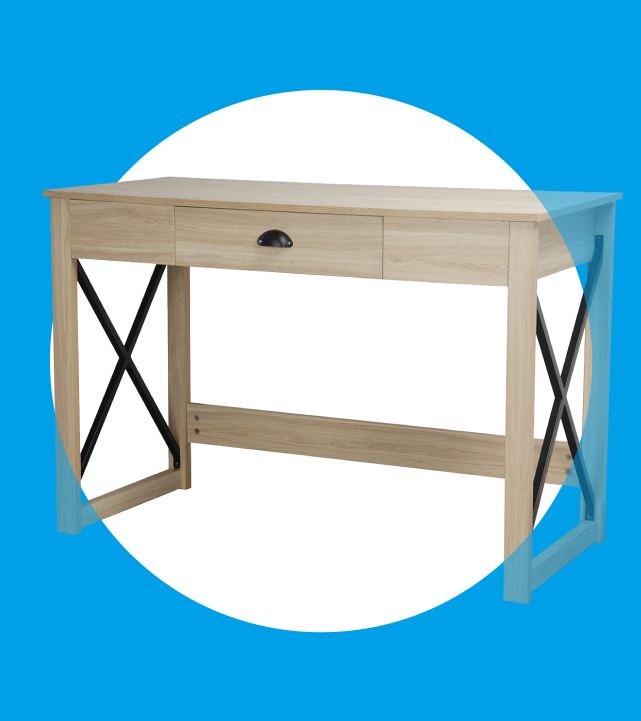So you have decided to set up your own business? You’ve had a great idea, and you want to put it to work. Congratulations!
But there’s more to starting a business than just a great idea. Here are some of the main questions you need to resolve:
Should I have a company?
That depends upon your situation. Being a sole trader is much simpler, and if you plan to stay small, it might be the best option, but being a company has several benefits, as follows:
If someone chases your company for money, they cannot come after you personally (unless you’ve been negligent as a director) - that’s why it’s called limited liability - it’s limited to the value of the company.
You can allocate profit among the shareholders - there are some rules around this but typically it allows for more tax flexibility.
It looks more impressive in the market place - this is an intangible benefit but some of your customers will take you more seriously if you’re a company, not a sole trader.
At Beany, we don’t charge any more to look after a company than a sole trader or partnership (but some accountants might charge more), and we can set it all up for you for $245 plus GST.
Or if you are comfortable with complicated forms and company rules, you can buy a company at Companies Office directly www.companiesoffice.govt.nz/companies/
Do I need to be GST registered?
If you (or your company) earn more than $60,000 per annum then you need to register for GST.
This is the law.
You can also choose to register ‘voluntarily’ if you earn under $60,000 for the following reasons:
- You want to claim a big asset and you’re pretty sure you’re going to go over $60,000 at some point.
- You are focused on growth and you know it’s only a matter of time.
If you want or need to register for GST, you can call Beany and we’ll do it for you. Or you can call the IRD - they’ll tell you how.
Understanding what you can and cannot claim is the key to GST – If you are a Beany client, we offer a full GST service to make sure you always claim everything you are entitled to.
The IRD also provide some information on GST here.
Do I need an Accountant?
Having a good accountant means that you can focus on growing your business, and leave the boring back-end stuff to them.
Your accountant will make sure that all your expenses are correctly claimed and your income correctly declared so that you are paying not only the right amount of tax - but also the least amount of tax you need to.
If you are new to business, preparing a cash flow forecast will be invaluable. If you are confident, you can do this yourself, otherwise ask your accountant to prepare a forecast and input it into your Xero file then you can easily track actual to forecast and make sure you are on-track.
It also gives you more time.
If you don’t have an accountant (tax agent), you must file your tax returns by 7 July after the year end. If you do have an accountant, the deadline is extended to 31 March of the following year.
Use your time and energy to focus on the productive parts of your business and leave about the compliance stuff, like preparing financial statements and tax returns, to your accountant.
At Beany we specialise in working with small and medium sized businesses, especially ones with first time owners.
What about bookkeeping?
Please, please, please use some accounting software! Many new business owners think they can survive with an excel spreadsheet, but it’s not a system, it’s a trap for new business people. If you rely on excel alone, you won’t know how your business is performing and if you make a mistake somewhere with the formulas, that could be catastrophic down the line.
So find some decent software and use it. Xero is the best on the market at present and is reasonably inexpensive (if you buy a cash book version through Beany). It will cost between $12 to $21 plus GST per month and it will give you:
- Knowledge about your business
- The ability to share information with the Beany team so we can help
- Online, secure information
The Xero business file offers a lot more functionality for $60 plus GST month so talk to our team about the best option for you.
If keeping your own books is a worrying prospect, for whatever reason, get someone else to do it for you, someone who knows what they are doing and enjoys it.
If you are a Beany client, we offer a specialised bookkeep.
What can I claim as an expense in my business?
This should be easy, but can get complicated. And time consuming too. You can claim any expense which is directly linked to the production of your business income. The hard part is distinguishing what is directly linked. Your doctor’s bills are not, even though you need to be healthy to work. Neither are your gym costs, your golf club costs (entertaining, right? Wrong!) or your boat (“But I took a client out on it once last year”). The key words here are directly linked. If you are a Beany client, we’ll make sure you always claim for all legitimate expenses. The IRD also have some resources to help you determine what you can claim at this link.
Do I need a separate bank account for my business?
Yes, you do. In fact, you really need two - one for your normal trading transactions and the other for your tax savings.
It makes life a lot simpler that way.
What kind of insurance should I get?
Depending on your business and your personal situation, you may need to consider a range of insurance options.
We don’t like to think about the worst case scenario, but things happen and it’s best to be prepared.
Talk to a good insurance broker who will discuss your needs and risks, and how best to cover them.
How much should I save for tax?
As a VERY rough guide, we suggest you put 20% of the inwards cash (that is, all your business income) into a savings account - and keep it there for tax time. You probably won’t need all that but then when you get the actual bill, you can go and buy some shoes or fishing gear with the leftover money – or keep it in the bank!
If you are a GST client with Beany, we can monitor your potential tax liability on a regular basis, and advise you accordingly.
Also check out the provisional tax question below, there’s a nasty catch for new business people.
What is provisional tax and how does that work?
‘Terminal’ tax (or the total tax your business has to pay each year) is calculated on the profit of your business for a year. It is payable one year and one week after the end of the year (so 31 March 2017 profit is taxed and must be paid by 7 April 2018). It’s the job of your accountant to make sure you’re paying the right tax at the right time.
Provisional tax is tax that the IRD ‘guesses’ is about right for the current year - and then get you to pay it in advance during the year so you don’t end up with a big lump sum due at once.
So tax for the year ended 31 March 2017 has to be paid in 3 instalments during that year (Aug 17, Jan 18 and May 18). The IRD calculation is based on what you earned in the previous year.
HOWEVER - what happens in reality is that the IRD don’t know your business exists until you file your first tax return... so then they want the tax for the first year AND the second year to be paid in the same 12 month period. It really stings, especially when you’re new to business.
This has been such a problem that the government is thinking of changing the rules so you can pay your provisional tax more easily along with your GST - but that is still in the pipeline.
If you are a Beany client, we’ll guide you through the whole process, and make sure you are not caught out by the Provisional tax trap.
What is a RealMe Login and why do I need one?
When you first visit the IRD or Companies office online, you have the chance to set up a RealMe login.
This is the simple, one-fits all login for government websites, so saves time and having to register for different sites.
And you can keep an eye on your tax and company records whenever you want.
Are you going to employ people?
This is a big call and requires a lot of administration so if you’re new to business, make sure you understand your responsibilities as an employer.
You will need to register as an employer with the IRD and purchase some payroll software which can calculate your employee’s pay and the amount to pay the IRD each month.
You can find out more here.
There are lots of different types of payroll software. You can add it on to your Xero file.
Don’t forget that you will need employment contracts for everyone, signed before they start (very important, this one). You can build your own contracts using this link.
Beany can help you choose the best payroll software for your business, manage your PAYE returns and Kiwisaver schemes.
Are there any industry specific regulations?
Every industry has its own challenges and requirements so make sure you learn about these during the set-up phase. You can visit this link for specific sectors.
What are the common pitfalls for new business people?
See provisional tax above!
- Thinking that you’ll not work as hard as when you were an employee
- Working so hard that you’re not working smart - not to be confused with the point above.
- Thinking too small
- Not using technology to make things easier - use technology to work smarter!
- Thinking that no one else can work as well as you in your business - actually some of your supporters will do parts of it better - that’s a good thing!
- Not understanding your strengths and weaknesses. Do what you’re good at and find someone else to do the stuff you’re not good at. Do not ignore the stuff you’re not good at - deal with it by getting someone else to do it. And say thank you when they do!
- Being afraid or embarrassed to ask for help or asking questions. No one knows everything, so seek out advice from wise people and use it.
Contact [email protected] or call us on 0800 755 333
for any questions about this information or if you want to find out more about the services that Beany offers.
Check list for setting up your New Business
- Decide – are you a company, a sole-trader or partnership – Ask us if you need help to decide!
- If a Company, register with Companies Office (or get Beany to do it).
- Set up a business bank account – one for trading and one for tax savings!
- Register for GST
- Sign up for Xero and connect to your new bank accounts
- Talk to an insurance broker and get advice about your situation
- Sign up with Beany so your accounting needs are sorted
- Get busy living the dream!



